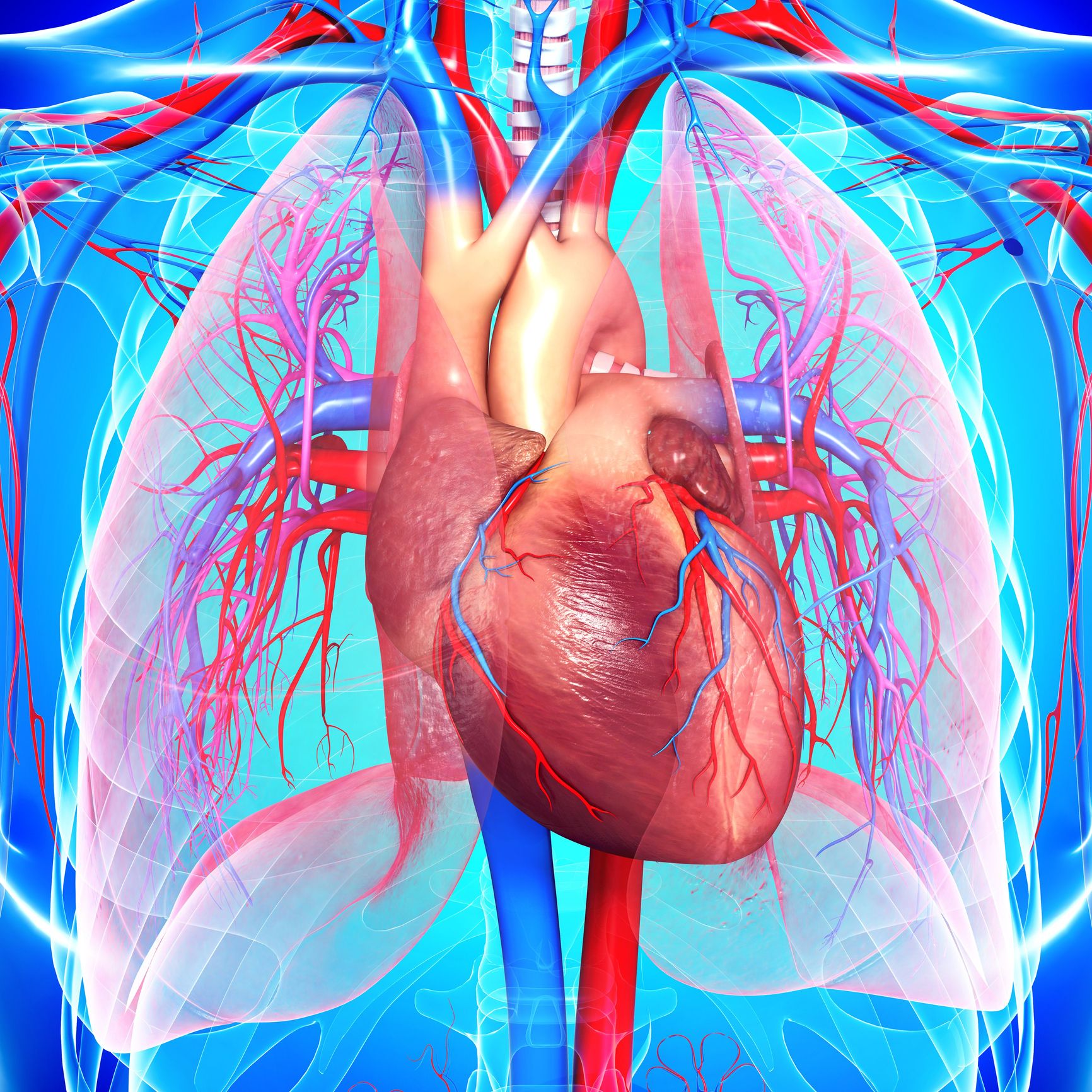Innovative Cardiovascular Solutions for Heart Health

Innovative Cardiovascular Solutions for Heart Health
Cardiovascular health is paramount for overall well-being, and with advancements in medical science, innovative solutions are emerging to address various aspects of heart health. This article explores cutting-edge cardiovascular solutions designed to promote and maintain a healthy heart.
Understanding Cardiovascular Health: A Holistic Approach
Before delving into solutions, it’s crucial to understand the complexities of cardiovascular health. The cardiovascular system comprises the heart and blood vessels, working together to circulate blood throughout the body. Maintaining this intricate system is vital for delivering oxygen and nutrients to tissues and organs, emphasizing the need for a holistic approach to heart health.
Advancements in Diagnostic Technologies: Early Detection Matters
One key aspect of cardiovascular solutions is the advancement in diagnostic technologies. Early detection of cardiovascular issues is instrumental in preventing complications. Technologies like advanced imaging, blood tests, and wearable devices allow for more accurate and timely identification of risk factors and potential heart conditions.
Telemedicine in Cardiovascular Care: Bridging Gaps for Accessibility
Telemedicine has emerged as a revolutionary solution in healthcare, including cardiovascular care. The ability to consult with cardiovascular specialists remotely enhances accessibility for individuals who may face geographical or logistical challenges. Telemedicine facilitates regular check-ups, consultations, and monitoring, promoting proactive cardiovascular health management.
Precision Medicine in Cardiovascular Care: Tailored Approaches
Precision medicine tailors treatments to an individual’s unique genetic makeup, lifestyle, and health history. In cardiovascular care, this approach allows for more personalized interventions, taking into account factors such as genetic predispositions, response to medications, and specific risk factors. Precision medicine enhances the effectiveness of treatments while minimizing potential side effects.
Minimally Invasive Procedures: Advancements in Interventional Cardiology
Advancements in interventional cardiology have led to an array of minimally invasive procedures for treating cardiovascular conditions. Techniques such as angioplasty, stent placement, and catheter-based interventions offer alternatives to traditional open-heart surgery. Minimally invasive procedures often result in shorter recovery times and reduced risks for patients.
Cardiac Rehabilitation Programs: Comprehensive Recovery
Cardiac rehabilitation programs play a crucial role in cardiovascular solutions. These programs offer a comprehensive approach to recovery after a cardiovascular event or surgery. They typically include exercise training, education on heart-healthy lifestyle choices, and emotional support. Engaging in cardiac rehabilitation enhances recovery and reduces the risk of future cardiovascular issues.
Implantable Cardioverter-Defibrillators (ICDs) and Pacemakers: Ensuring Cardiac Rhythm
For individuals with specific cardiac rhythm disorders, implantable devices like ICDs and pacemakers provide life-saving solutions. ICDs monitor heart rhythms and deliver electrical shocks if dangerous arrhythmias occur, while pacemakers regulate heartbeats. These devices significantly improve the quality of life for those with certain cardiovascular conditions.
Lifestyle Interventions: The Foundation of Heart Health
While medical interventions are crucial, lifestyle plays a central role in cardiovascular health. Healthy eating, regular exercise, stress management, and avoiding tobacco contribute significantly to maintaining a healthy heart. Cardiovascular solutions should include a strong emphasis on empowering individuals to adopt heart-healthy lifestyles.
Continuous Monitoring and Remote Patient Management: Proactive Care
Continuous monitoring and remote patient management utilize technology to track cardiovascular health outside








